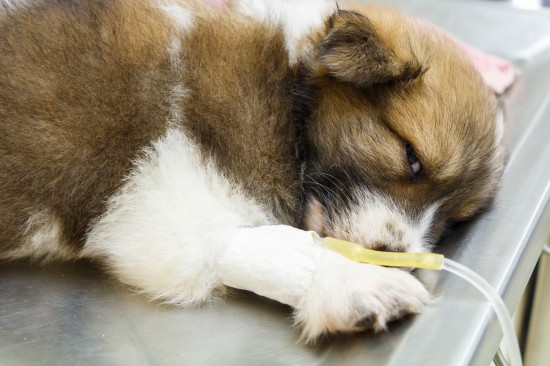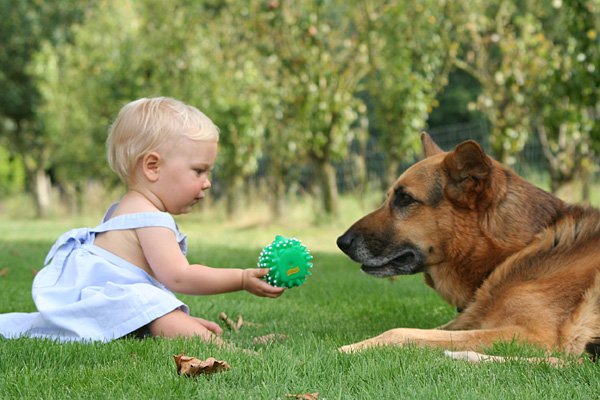When it comes to understanding your horse, some simple common sense can take you quite a long distance when it comes to knowing if he or she is ready to work with you on some basic horse training. Actually, understanding whether your horse is in a receptive mood to easily learn what you want to teach him is much like understanding yourself when it comes to learning something new.
Think about it and ask yourself this... when you are run down and tired or you have just come through a situation that was emotionally draining, are you ready to take on any kind of concentrating, learning, or lots of physical activity? And even if you muster the energy to make an attempt, are you able to enjoy it?
Your horse feels much the same as you would in the above circumstances if he has been ridden for awhile or is tired from other training or is in bad shape for any other reason. Simply put, he is not going to be able to respond to you as well as you would like him to.
Like humans, your horse will do much better if he has a healthy and vigorous body with steady nerves. In that case, his brain can retain much more of whatever you attempt to teach him.
However, if your horse seems to feel dull or listless, it抯 always a good idea to warm him up gently and take the horse training slowly. Keep the training sessions shorter under these circumstances, as well. If he抯 just too tired and worn out, your efforts will be mostly in vain.
Again, think about how you feel when someone is trying to teach you something new. When they speak soft and kindly rather than speaking harshly and threatening you with punishment like a whip, you have a much different reaction... true? (Unless in an instance such as being in military training of some kind!)
Remember the famous old proverb: 揧ou can catch more flies with honey than with vinegar.?
In human terms, this means that you can win people to your side more easily by gentle persuasion and flattery than by hostile confrontation.
In terms of basic training of a young horse -- or a horse of any age, really -- he will respond much more eagerly to encouraging words in a pleasant voice and with gentle caresses or rub downs rather than with loud words or screaming and harsh actions such as hitting, whipping, and yanking on his bridle. Just like it would for you, such mistreatment simply saps your horse抯 energy and makes him your enemy.
Therefore, if your horse just isn抰 responsive to your efforts at training or he seems dull, listless, or down, then try simply talking gently to him while leading him around for a little while, letting him warm up to you a bit before attempting any heavier training. If he seems to become less tired and more alert, he抣l be much more likely to give you his attention and your horse training efforts will actually produce good, lasting results.
If some gentle warming up doesn抰 seem to make a difference, it would probably be best to give it up for the day and allow your horse to rest. If the dullness and listlessness seem to persist, check into all the factors that may be contributing and make adjustments until he regains his spirit and willingness to learn. Then, you抣l both really enjoy your horse training sessions and you抣l accomplish much more in far less time.

 Caring For Degus
Caring For Degus
Caring For Degus
Caring For Degus
 Canine Coronavirus (ccv) - Coronavirus In Dogs
Canine Coronaviru
Canine Coronavirus (ccv) - Coronavirus In Dogs
Canine Coronaviru
 The 10 Most Important Puppy Commandments
The 10 Most Impor
The 10 Most Important Puppy Commandments
The 10 Most Impor
 That's how long dogs have been our best friends!
That's how long dogs have been our best friends!
That's how long dogs have been our best friends!
That's how long dogs have been our best friends!
 All you need to know about Pet Orthopedic surgeons in Gurgaon
All you need to know about Pet Orthopedic surgeons in Gurg
All you need to know about Pet Orthopedic surgeons in Gurgaon
All you need to know about Pet Orthopedic surgeons in Gurg